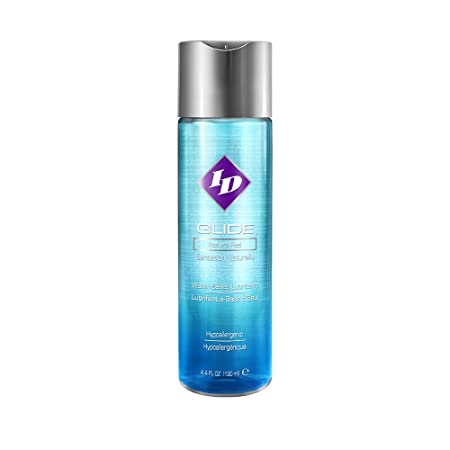Menopause prompts major changes in female hormone production, and that can cause a variety of symptoms. Vaginal atrophy is one of the most common examples, and while it sounds scary, it's a very treatable condition.
Atrophy occurs when a tissue shrinks and thins. Vaginal atrophy, as you might have guessed, occurs when vaginal tissues begin to thin out due to low estrogen production.
The symptoms range from mild to severe, and some menopausal women don't experience noticeable symptoms at all. Some of the signs of vaginal atrophy (also called atrophic vaginitis) include:
- Itching and Burning
- Vaginal Dryness
- Pain or Bleeding During Sexual Activity
- Urinary Tract Infections and Urinary Incontinence
It's important to note that these symptoms can occur for several reasons. While menopause is the most common, you'll need to get a professional diagnosis before creating a treatment plan. See a gynecologist if you experience unusual pain, itching, irritation, or urinary symptoms of any kind.
How Will My Physician Treat Vaginal Atrophy?

The American Congress of Obstetricians and Gynecologists recently updated their guidelines for treating vaginal atrophy and other menopausal symptoms. In a published practice bulletin, "Management of Menopausal Symptoms," Dr. Clarisa R. Gracia, associate professor of obstetrics and gynecology at the University of Pennsylvania, noted that estrogen and progesterone supplementation was the most effective therapy for some common symptoms, including hot flashes and vaginal atrophy.
The bulletin recommends vaginal gels and other transdermal (meaning delivered through the skin) medications as a primary treatment, but pills were also effective. Transdermal delivery systems appear to be a safer option because they are not processed through the liver. Dr. Garcia also noted that testosterone, synthetic progesterone, and other hormones were not as effective as estrogen and progesterone.
According to Garcia, the data "doesn't support" the use of these medications. Hormone therapy is generally a very safe treatment option, but it's not always the best choice; if you have a family history of certain breast cancers, for instance, your physician may recommend an alternate treatment plan. Low doses of antidepressants can treat some mild menopausal symptoms, including vaginal atrophy and dryness.

Ospemifene's new oral drug can also manage some of the symptoms of vaginal atrophy by affecting estrogen receptors. However, Ospemifene is considered a short-term treatment option due to potential side effects. You may limit some symptoms by regularly engaging in sexual activity. If you are overweight or underweight, a healthy diet can also help.
Can a Personal Lubricant Treat Some of the Symptoms of Atrophic Vaginitis?
If you're going through menopause or if another condition has caused a drop in your body's estrogen levels, your physician may recommend a water-based personal lubricant to treat dryness. A lubricant can also make sex more enjoyable and less painful.
However, because the condition occurs due to limited estrogen production, you'll need additional treatment if you have severe symptoms. As mentioned above, most physicians recommend hormone replacement therapy, which can partially restore the atrophied tissues.

While your personal lubricant can soothe some of the symptoms of menopause - especially vaginal dryness and irritation - it's no replacement for hormone therapy, and you should always follow your physician's advice. We'd like to stress that this article is not intended as medical advice.
If you experience vaginal pain or any other potential symptoms of menopause, talk to your doctor to create an effective treatment plan. Atrophy, hot flashes, and other menopausal symptoms can be unpleasant, but they're usually very treatable.












